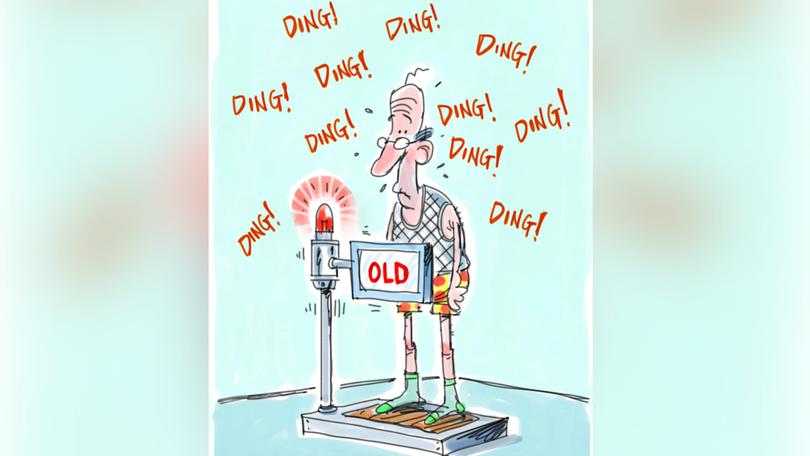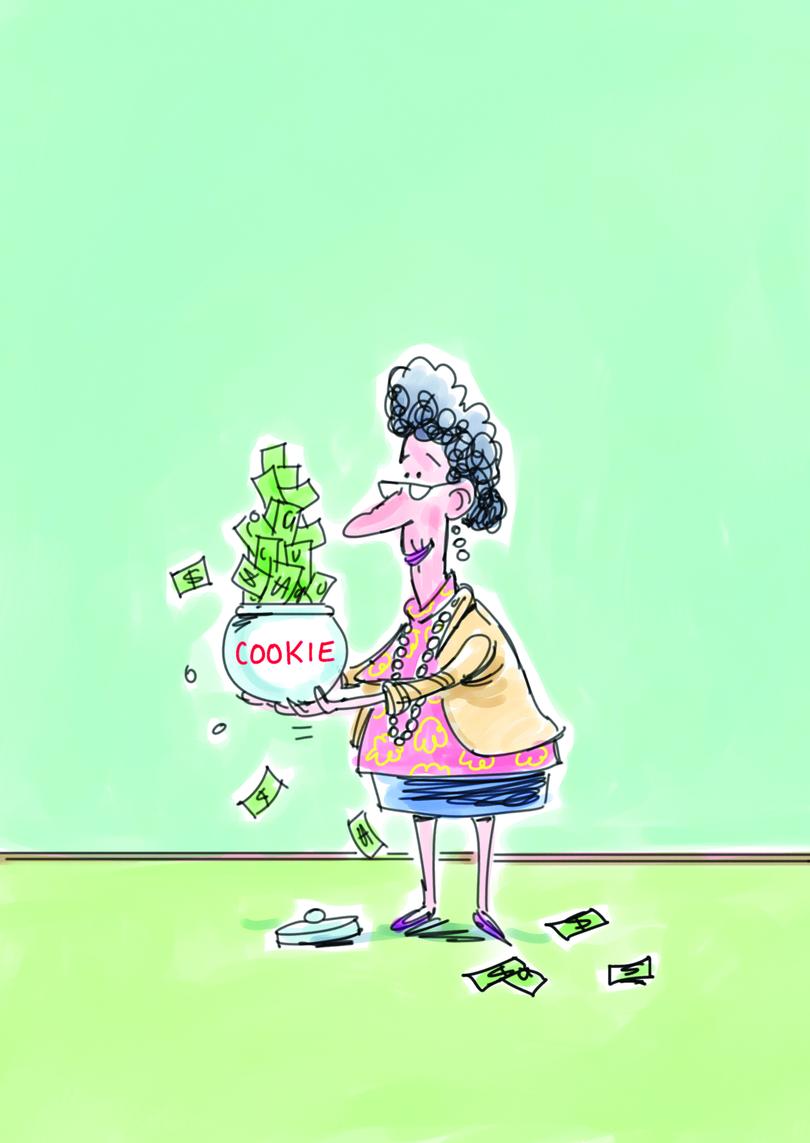BEN HARVEY: The new retirement age is a shock. Here are the real reasons Aussies are working until they drop
BEN HARVEY: We’re retiring NINE years after we’re old enough to live in a retirement village, SIX years after we can access our superannuation and FIVE years after we qualify for a senior’s card. Here’s why.

Men are working until just shy of their 66th birthday — the oldest retirement age since Gough Whitlam became Prime Minister.
Women can expect to keep working until they’re almost 65.
That’s nine years after we’re considered old enough to live in a retirement village, six years after we can access our superannuation and five years after we qualify for a senior’s card.
Sign up to The Nightly's newsletters.
Get the first look at the digital newspaper, curated daily stories and breaking headlines delivered to your inbox.
By continuing you agree to our Terms and Privacy Policy.Why are we staying at the desk or on the tools for so long?
Do we need the money?
Do we love our jobs (or detest our spouses) so much that we can’t bear the thought of going home?
Have we concocted a generational conspiracy to avoid babysitting the grandkids?

Commentators are falling over themselves to interpret the recently released KPMG data.
Some say we’re working later because the WFH movement has allowed older workers to stay in the job whilst enjoying some of the perks of retirement, such as a sneaky nine holes in the morning.
Others reckon conservative baby boomers are still smarting from the GFC and, in a fit of financial paranoia, want to have a nest egg that’s big enough to withstand another capital-depleting global shock.
Still more have suggested the opposite — that modern retirees anticipate being spendthrifts and are bolstering their super funds in preparation for golden years punctuated by cruises down the Danube and the Seine.
For this reporter (who, for his exciting sins as a crime reporter, has edited several books about retirement) the answer may lie in the little-understood intricacies of the age pension.
There’s the obvious correlation between working later and qualifying for Centrelink benefits later (in 1995 we got the pension at 60, today it’s 67) but it’s more nuanced than that.
Look hard at the rules and you’ll appreciate that Australia’s generous welfare system may (perversely) be encouraging us to stay on at work.
A couple can have more than $1 million in assets (excluding the family home, no less) and still qualify for the pension.

That’s a stupendous amount of wealth to have and still expect the Australian taxpayer to subsidise your senior years.
Why wouldn’t you keep salary-sacrificing into your Aussie Super fund for as long as you can right up until you hit that limit, thereby rinsing the next generation for as much as possible?
That same couple can earn $4325 a fortnight and still qualify for part of the age pension.
That’s close to $112,000 a year, and a seven-figure pile in your super, and you still get a little something from Treasurer Jim Chalmers.
It’s hardly an incentive to down tools.
The other undiagnosed reason we’re retiring later? Inheritance. Or lack thereof.

Parents living longer means children waiting longer for a post-wake windfall.
The oldest members of the Silent Generation (the precursor to the much-maligned Boomers) will next year hit 100. The youngest will turn 80.
This is a generation that didn’t postpone parenthood; they had kids in their early 20s.
Those children are often inheriting family wealth when they’re well into their 60s — just in time to not need it because they’ve already done the hard yards paying off the mortgage, shelling out for school fees and putting extra away for retirement.
What else to do other than quit work and sign up to Luxury Escapes?

